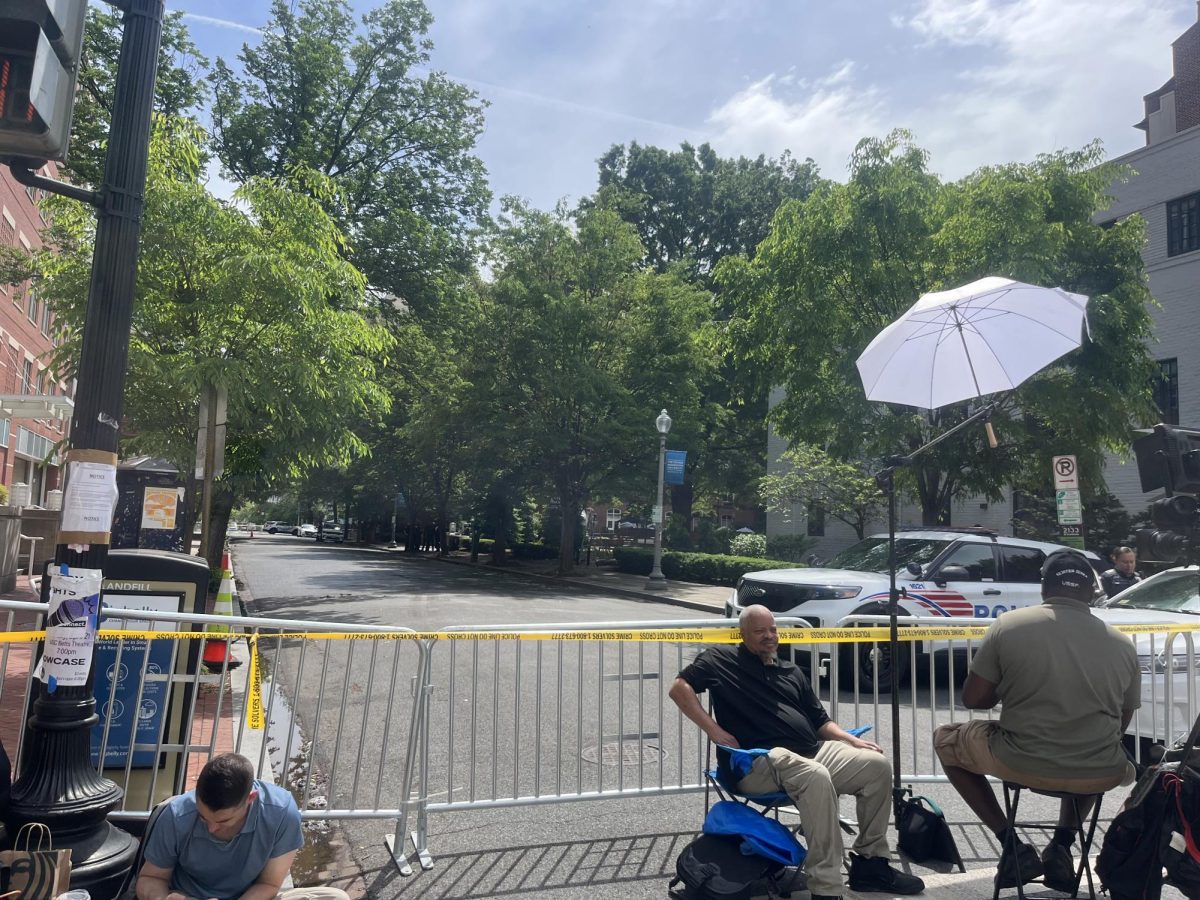The U.S. Forest Service is reconsidering its recommendation against horizontal drilling in George Washington National Forest, which activists say could contaminate the water supply in Washington, D.C.
The headwaters of the Potomac, which serve as the water source for around four million D.C. residents, are located within the one-million-acre George Washington National Forest that encompasses the Appalachian Mountain region of Virginia and West Virginia. The National Park Service is in the process of forming a new 15-year plan for GW National Forest, which has been delayed multiple times since March 2012.
The forest service advocated against horizontal drilling in early 2011 due to water pollution concerns, which would affect those receiving water downstream.
Local governments, advocacy groups and citizens have expressed uneasiness in allowing horizontal drilling in GW National Forest. Shenandoah Valley Network Executive Director Kate Wofford described the unusually high public interest and involvement in the forest service’s plan, whose commentary period ended in October 2011.
“The U.S. Service received overwhelming public comments in support of the ban on horizontal drilling,” she said. “53,000 people commented, which is a lot for what’s generally sort of a boring forest plan.”
Ninety-five percent of the comments supported the ban on horizontal drilling.
Major players within the oil and gas industry also sent letters expressing their views, including Halliburton Energy, who declined to comment for this article, and the Independent Petroleum Association of America and the American Petroleum Institute, who did not respond by press time.
The American Petroleum Institute countered the concerns around horizontal drilling with an economic argument.
“The U.S. oil and natural gas industry supports 9.2 million domestic jobs and comprises more than 7.5 percent of the U.S. economy,” the API wrote in its letter, adding that a ban on horizontal drilling “would frustrate efforts to reduce U.S. reliance on foreign sources of energy and hurt efforts to reduce greenhouse gas (GHG) emissions by preventing more cost-competitive, clean-burning natural gas from coming to markets.”
Dusty Horwitt (LAW ’02), a senior analyst at Earthworks, a nonprofit environmental advocacy group, suggested that the U.S. Forest Service’s change in position may be a result of the pressure from the oil and gas industry.
“The oil and gas industry, however, has a tremendous amount of power,” he said. “The drilling industry tends to be very aggressive in criticizing government officials and others who raise legitimate concerns about the safety of drilling.”
Wofford pointed out that forest plans are created specifically to fit the resources in a national forest and the surrounding communities.
“It’s perfectly consistent for the forest service to say, ‘We don’t think that fracking is a good fit with all the other values on the GW National Forest,’ but then also to allow gas drilling on other public lands in the country,” Wofford said.
Horwitt urged the service not to cede to the demands of the oil and gas industry.
“What’s at stake here is drinking water for more than 4 million people, and a spectacular place where more than a million people go for recreation every year,” he said.
State and local governments and officials have written numerous letters requesting the forest service to protect the water from possible contamination. The D.C. Water and Sewer Authority together with the Washington Aqueduct sent comments expressing their concerns about water contamination. The Washington Aqueduct, a subset of the U.S. Army Corps of Engineers, manages a portion of the water in D.C. and the Arlington and Falls Church regions of Virginia.
“As you consider finalizing the EIS [the U.S. Forest Service’s Draft Environmental Impact Statement], we urge you to remember the familiar saying: ‘an ounce of prevention is worth a pound of cure,’” the Fairfax County Water Authority wrote in a letter to the forest service.
Local political figures have also urged the forest service to consider citizens’ concerns, including senators Tim Kaine (D-Va.) and Mark Warner (D-Va.) and eight other members of Congress representing the region.
“When you’re talking about a place that’s as sensitive and important to drinking water supplies as the George Washington National Forest, it doesn’t make sense to allow an inherently risky process,” Horwitt said. “The forest service made the right recommendation in its draft plan, and they should stick with that plan when they make their final decision.”














